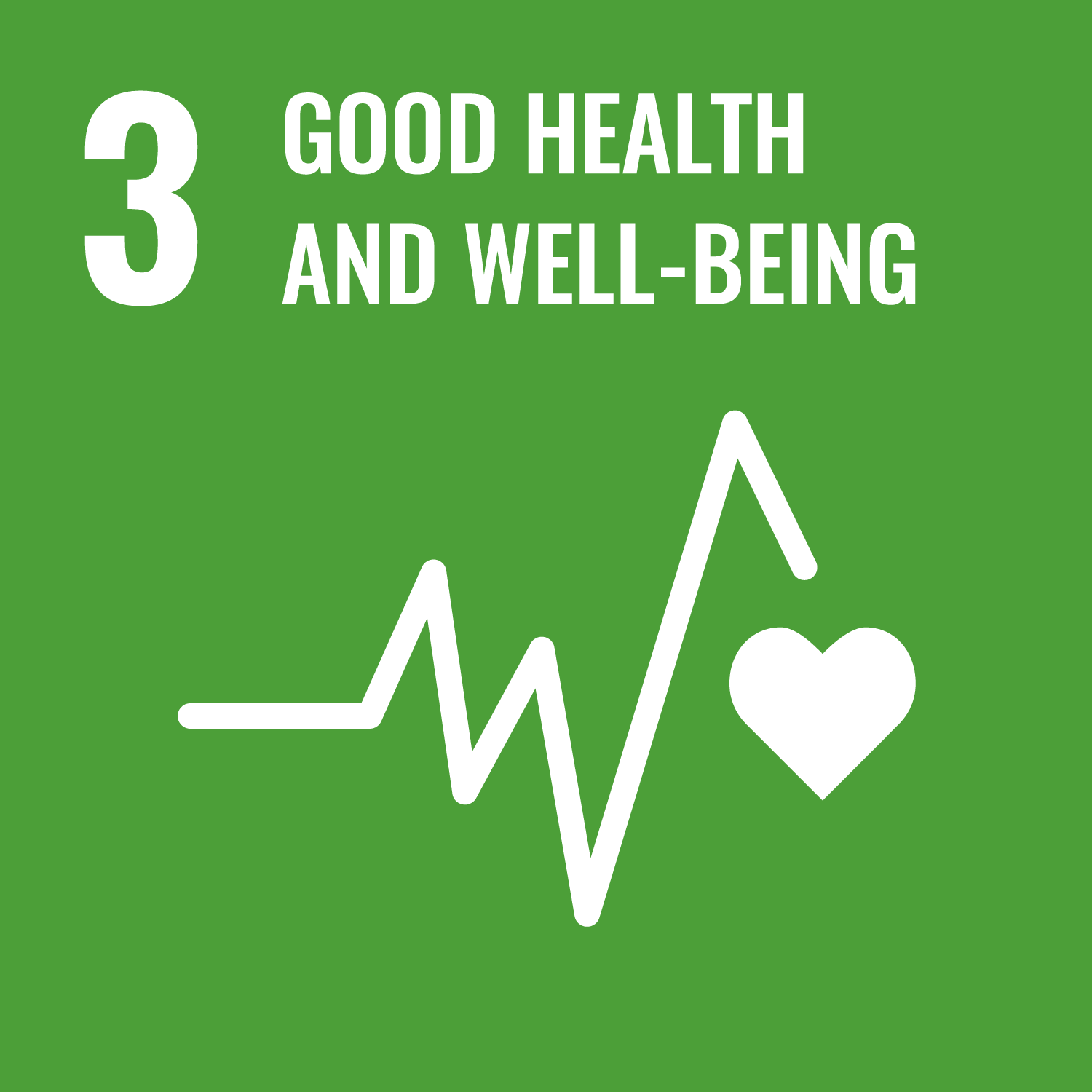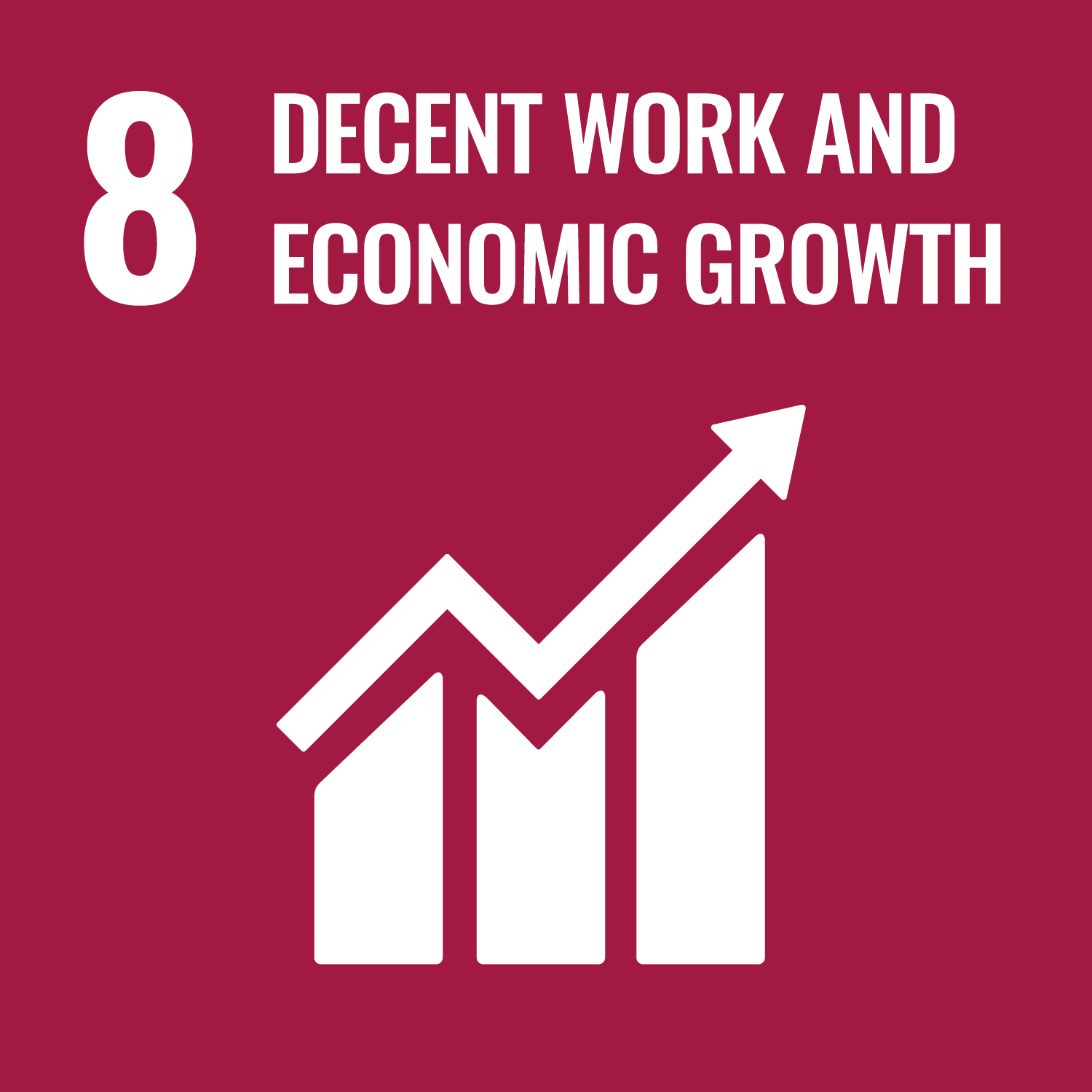This 62-page study adopts a phenomenological approach to understanding the subjective experiences of Lesbian, Bisexual and Queer (LBQ) women in Uganda. Data was collected from 220 LBQ women through semi-structured interviews, one-on-one in-depth interviews and secondary focus group discussions.
As the introduction highlights, the report is divided into five major sections. Chapter 1 highlights the background of the research about the general context within which LBQ women live in Uganda. Chapter 2 the report explains the qualitative methods used to collect and analyse the data. Chapter 3 presents a detailed discussion of experiences with discrimination and violence LBQ women reported. This includes sections on social, political, economic, health and legal realities. This section focuses on the inclusivity of civil society and women’s rights movements for LBQ women in particular. This section also considers the legal mechanisms by which LBQ women could be criminalised.
Chapter 4 provides conclusions from the research and Chapter 5 provides recommendations to Freedom and Roam Uganda and the Government of Uganda on how to respond to the various issues resulting from the analysis. The report finishes by identifying opportunities requiring further engagement.








